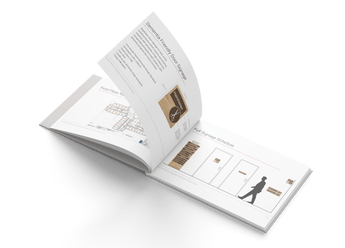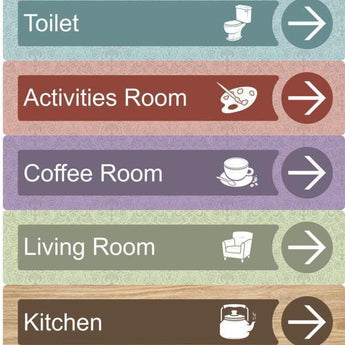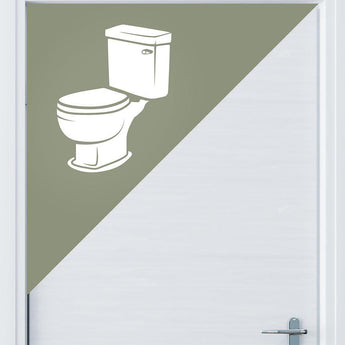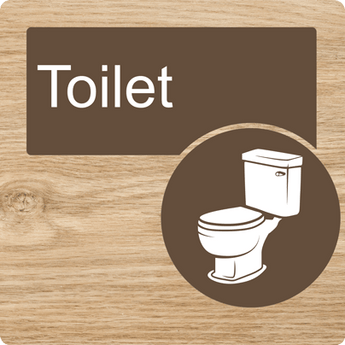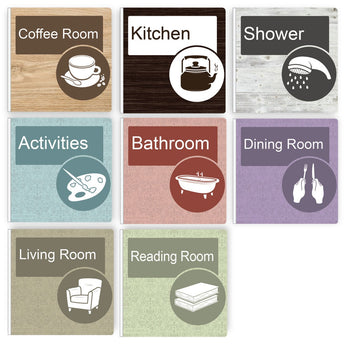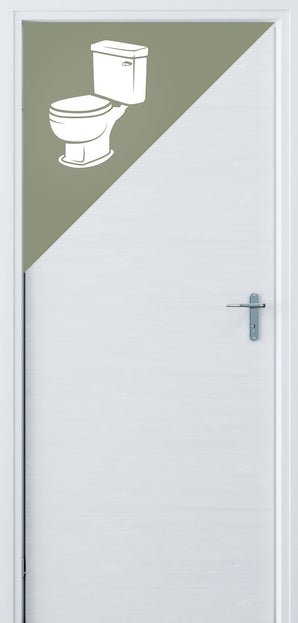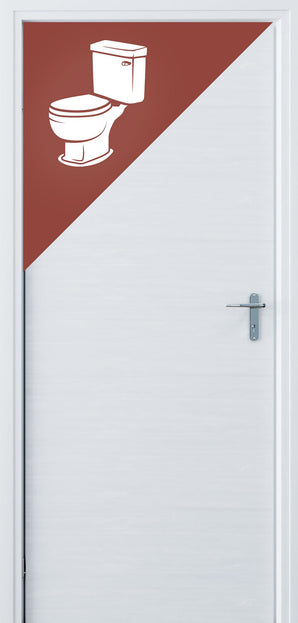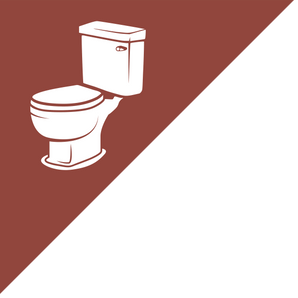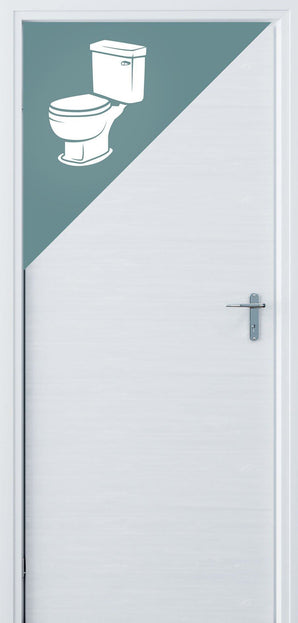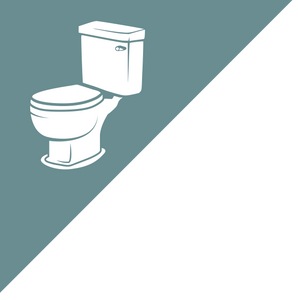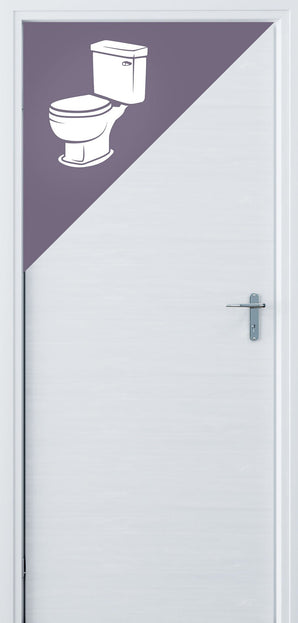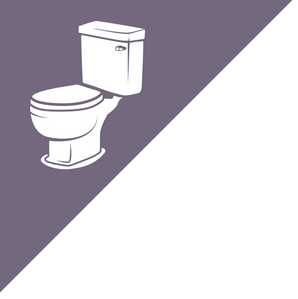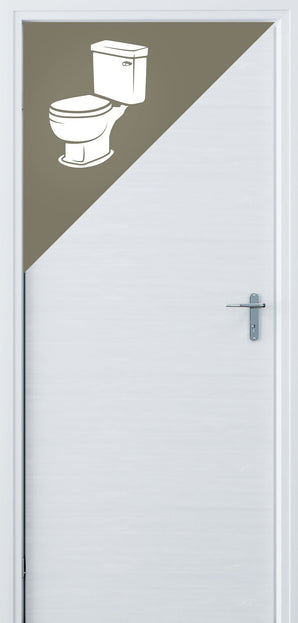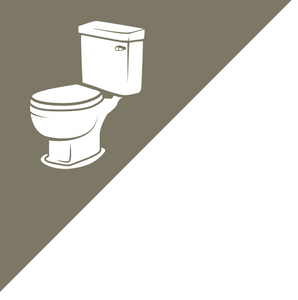What are the Stages of Dementia?

The Stages of Dementia
Thesymptoms and progression of dementia varies from person to person and some cases can worsen much more quickly than others. Dementia affects
people differently and can also be dependent on their way of life, for example, the activities they participate in.
The three main stages of dementia are:
1. Mild Dementia (Early Stage)
2. Moderate Dementia (Middle Stage)
3. Severe Dementia (Late Stage)
Dementia is a slow progression disease in which people can live up to 20 years or more. The amount of time spent in each stage varies among patient and can often be difficult to determine as the stages can sometimes
overlap.
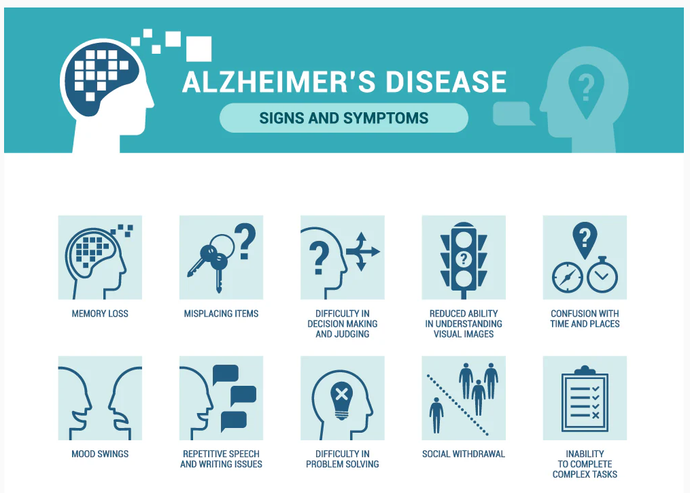
1.Mild Dementia (Early Stage)
In the early stage of dementia, symptoms will likely be unnoticeable by people other than doctors or close family and friends. The patient will still be able to function independently with only minor changes in their memory and cognitive ability.
Some common signs of mild dementia are:
• Difficulty remembering names or words
• Memory loss of recent events
• Getting lost or misplacing objects
• Difficulty concentrating and holding a conversation
• Mood changes

2.Moderate Dementia (Middle Stage)
In the middle stage of dementia, patients may lose their ability to perform tasks independently as they previously could, such as cooking or cleaning. At this stage, they will require a higher level of care and may need to be put in a care home. The middle stage is often the longest stage of dementia.
Some common symptoms in the middle stage are:
• Increase in memory loss regarding names or events
• Difficulty remembering one’s own personal history
• Increased confusion about time and place
• Personality changes
• Increased risk of wandering off or getting lost
• Trouble expressing thoughts and feelings
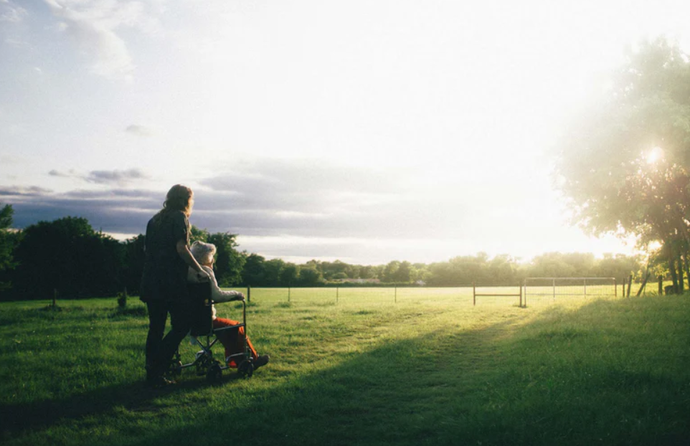
3.Severe Dementia (Late Stage)
In the late stage of dementia, there is significant difficulty with memory and communication. At this stage, patients may not recognize their own family members or friends. They will find it challenging to verbally communicate how they are feeling or what they want or may not be able to at all.
Common signs of late stage dementia:
• May require extensive assistance with daily activities, such as eating
• Often need supervision 24/7
• Inability to walk, sit or even swallow
• Extreme difficulty communicating wants and needs
Resources:1. https://www.alz.org/alzheimers-dementia/stages
2. https://www.alzheimers.net/stages-of-alzheimers-disease/
3. https://www.medicalnewstoday.com/articles/314209.php
Signage Consulation
Send us your drawings, we'll do the rest. No limit on the size of your floor plans. We will design a full wayfinding schedule to solve all your problems and create a dementia friendly environment that looks great.
Turnaround Time: 3 business days from when you submit your drawings.
What You Get: A full wayfinding schedule in PDF format to best suit your floor plans
We do not offer refunds on our consultation service. However, if you decide to purchase our signage - the €99 will be automatically credited to your account.
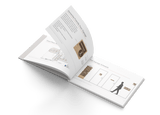
Commercial Enquiries
If you aren't sure what you need we can help with that too. We offer a full consulting service to develop a wayfinding scheme for your building.
Shop The Range
1A Accredited by the University of Stirling's Dementia Services Development Centre.Our signs make living with dementia that bit easier. The range is high contrasting, texturised and with custom designed iconography to make them prominent and recognisable without compromising on aesthetics.

